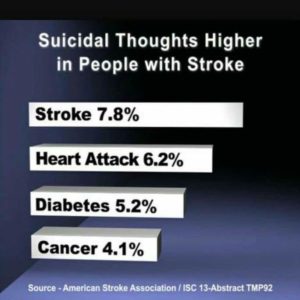WHAT PROBLEMS DO PEOPLE OFTEN EXPERIENCE AFTER A STROKE,#2
 Ad Adams Ebenezer is a co-founder of the Stroke Association Supportnetwork (SASNET) Ghana. He is also a board of director of the World Stroke Organization.
Ad Adams Ebenezer is a co-founder of the Stroke Association Supportnetwork (SASNET) Ghana. He is also a board of director of the World Stroke Organization.
Adams has been actively involved in the testing and launching of the Post Discharge Stroke Support (PDSS) around the world, collaborating with teams from South Africa and the United States.
People may experience the following problems after a stroke:
- Weakness or paralysis of one side of the body.
- Stiffness of arm, hand and/or leg.
- Struggling with balance, falling over easily when sitting and standing.
- Struggling to speak or understand language.
- Struggling to control their bladder and bowel (toilet needs) (but this usually gets better over time).
- Loss of feeling on the weak side of their bodies.
- Seeming to forget about/ignore the weak side of their bodies.
- Problems with vision (seeing).
- Seeming confused and struggling to remember.
- Mood and personality changes.
- Forgetting how to do everyday tasks.

HOW DO I TREAT SOMEONE WHO HAS HAS A STROKE?
- Let the person spend as little time as possible in Spending too much time in bed will cause more weakness. Rather let him/her take short rest breaks.
- Let the person get up at his/her usual time and get washed and dressed.
- Let the person have meals with the rest of the family as usual.
- Try to help the person to follow a structured daily programme.
- Encourage the person to do things for him/herself. Be patient and give him/her more time to complete and practise Doing as much as possible for him/ herself and practising daily activities is good exercise.
- Remember that the person is an adult; never treat stroke survivors as if they are children.
Reference: Center for Rehabilitation Studies Stellenbosch University
Angels initiative


